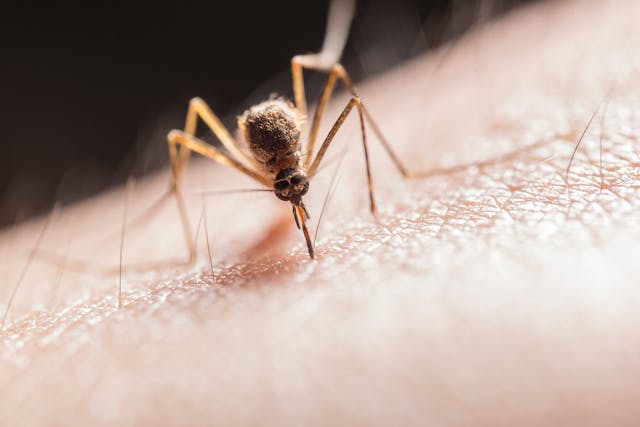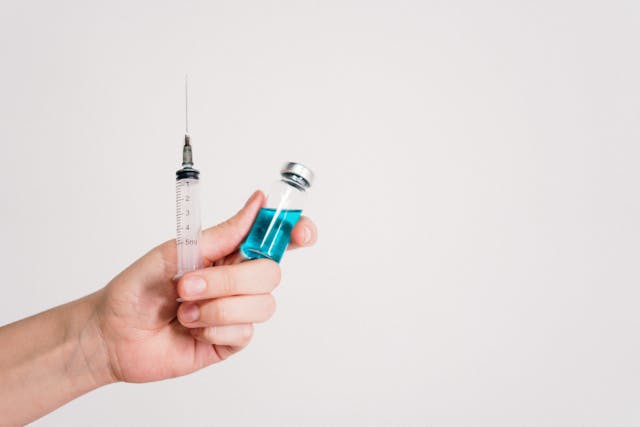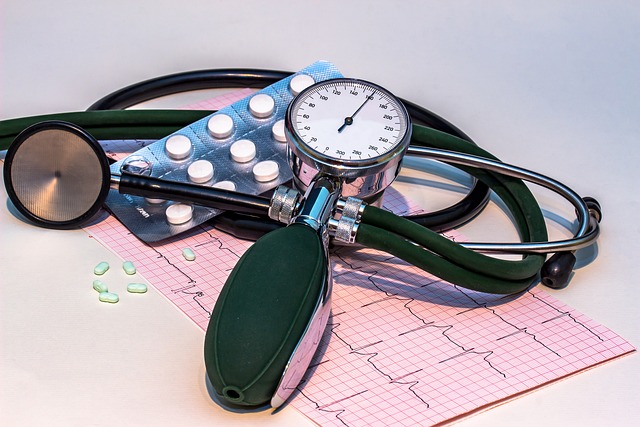Dengue fever is mainly transferred through Aedes mosquitoes. This mosquito-borne disease significantly hampers public health and is prominently seen in tropical as well as subtropical parts of the world. The dengue vaccine is the essential tool for dengue disease-fighting purposes. As with every vaccine, the dengue vaccine, too, may have side effects, important to be learned by the potential recipients and their healthcare providers. This article focuses on the common and major side effects of the dengue vaccine, highlighting some of the major things that need to be taken into consideration for those receiving the dengue vaccine.
Common Side Effects

After receiving the dengue vaccine, the recipient can expect experiencing a variety of common side effects. These appear usually within days of getting vaccinated and disappear upon their own volition. The most common side effects include:
1. Injection Site Reactions
Many individuals experience pain, redness, or swelling at the injection site. These local reactions are generally mild and resolve within a few days.
2 Systemic Reactions:
Generalized symptoms of fatigue, weakness, fever, headache, malaise, and muscle ache also are relatively quite common. These pertain to the body immune response to the vaccine, typically appearing within a few days.
These side effects are common and are part of the body’s immune system development in fighting the dengue virus.
Severe Allergic Reactions

Though most side effects are minor and short-lived, there is a very small chance of severe allergic reactions. Anyone with a history of severe allergic conditions, especially to any ingredient in the dengue vaccine, should inform their vaccination provider. It’s possible to have symptoms such as:
- Hives
- Swelling of the face and throat
- Breathing difficulty
- Rapid heartbeat
- Dizziness or weakness
If any one of these symptoms arises, emergency medical attention should be gotten right away. Knowing these risks puts individuals in control of decisions to get vaccinated.
Risks for Specific Groups
Some populations should exercise special caution when it comes to the dengue vaccine:
1. Patients with Compromised Immune System
Those who have an impaired immune system, due to diseases like HIV/AIDS or chemotherapeutic interventions, should consult their healthcare provider to decide on getting vaccinated. Their immune response to the vaccine may differ from normal individuals
2. Pregnant and Breastfeeding Women:
In the precautionary approach, when a person is pregnant or breastfeeding, then that individual will sit with a health care provider and deliberate upon the possible benefits and risks of dengue vaccination. Thus far, no evidence was found that posed a great risk, but their particular situations should be a guide in this case.
3. Vaccinated Denguers
Persons who have never been infected with dengue may be at a higher risk for severe disease upon infection with the virus following vaccination. That such paradoxical reaction can occur in people who have been vaccinated highlights the importance of adequate screening and consultation before vaccination.
Delaying Vaccination
Then, there are those situations in which the provider would recommend to reschedule the administration of dengue vaccine. For instance, those who have moderate to acute diseases, should be rescheduled and administered with it when they are already hale and hearty. Mild infections like a cold are not normally postponed. This is so that the individual’s immune system is given every chance to be at its best so that it could best respond to the vaccine.
Consulting with healthcare provider
Communication with healthcare providers is very essential. The patient should inform the vaccination provider of any allergies, medical conditions, or medications in use. Such information would enable healthcare personnel to adapt their advice and make safety and efficacy likely in the administration of the vaccine.
Follow-up Surveillance After Vaccination
After receiving the vaccine, people are often advised to remain at the location for a short period of time. This allows health care workers in that area to monitor one’s response to the vaccine to watch out for side effects or allergic reactions, which are often very severe when they occur on the vaccination site. If dizziness, sudden change in vision, or ringing in the ears occurs, one should immediately inform the provider.
What to Do About Serious Problems
Although the likelihood of a severe reaction to any vaccine is low, preparation is essential. Anyone who has been vaccinated and thinks they have developed an extreme or severe allergic reaction after vaccination should find immediate care. Dial emergency services such as 9-1-1 and take the patient to the nearest hospital.
For any other concerns, such as unexpected symptoms that occur days after vaccination, advice should be obtained from a healthcare provider.
Conclusion
Although the dengue vaccine has been a breakthrough in combating dengue fever, responses to its side effects have to be highly sensitized. Most of the reactions are mild and temporary, but potentially severe allergic reactions can also arise. In that case, individuals such as immunocompromised people or pregnant women can seek advice from health practitioners on how to go about the inoculation in their individual circumstance.
Such knowledge and insight, education and proaction together, can arm the people to be more informed and make the best decisions that will benefit them individually and as a community in whether or not to receive dengue vaccination.
In particular, any health care professional whom a candidate for vaccination wants to talk to and share thoughts with- examining and considering concerns, risks, and benefits relative to vaccination-is essential in these matters. This makes informed and prudent decisions both helpful to individuals and effective public health endeavors to control dengue fever.
FAQs on Dengue Vaccination Side Effects
1. What are the most commonly experienced side effects of the dengue vaccine?
Common side effects include injection site reactions, pain, redness, or swelling, and systemic effects like fatigue, weakness, fever, headache, malaise, and muscle pain. These side effects are usually minor and pass within several days.
2. Are any of the following severe allergic reactions associated with the dengue vaccine?
Yes, but even infrequently, severe allergic reactions could occur. Symptoms may include hives, swelling of the face or throat, difficulty in breathing, fast and weak pulse, or dizziness. Any individuals exhibiting symptoms should seek immediate attention in an emergency room.
3. Who should take precautions prior to receiving the dengue vaccine?
People whose immune system is weakened should consult their doctor when it is safe to receive the vaccine; pregnant and breastfeeding women and, finally, who has never been infected with dengue should also be consulted by their doctor to determine the risks of vaccination.
4. When should immunization be postponed?
Delayed for patients having moderate to acute illnesses to ensure they do not get vaccine when their immune systems are not solid enough to work well. To stand this out, mild illnesses, such as common cold, usually do not warrant postponement.
5. What should be done when there are adverse reactions after being vaccinated?
If an allergic reaction happens right away, then medical attention must be provided right away. This includes calling the emergency number or going to the closest hospital. For other unexpected symptoms, it is best to seek a medical professional’s advice.







